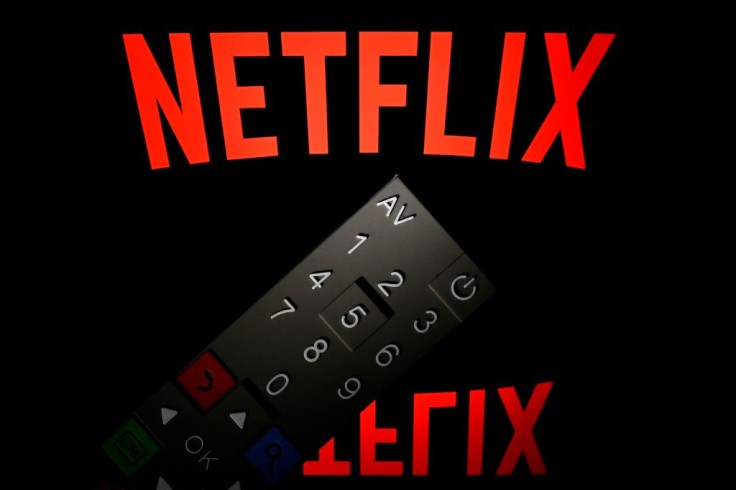
The Writers Guild of America (WGA) announced on Thursday that it had won a "self-dealing" arbitration against Netflix, which will result in the receipt of an additional $42 million in unpaid residuals by hundreds of writers on more than 100 Netflix theatrical films.
Brief Background on the Issue
According to a Deadline news story, the guilds informed their members that they won due to an arbitration about Netflix's underpayment of the writer's residuals for the theatrical release of "Bird Box."
Netflix suggested that the WGA should accept a subpar formula that the company established with the Directors Guild of America (DGA) and the Screen Actors Guild (SAG) (SAG-AFTRA). However, an arbitrator made a contrary decision following a hearing, concluding that the license price ought to have exceeded the movie's gross budget. Hence, the arbitrator ordered Netflix to give the writer $1.2 million in residuals and interest.
The WGA said that 216 writers on 139 extra Netflix theatrical films will now receive an additional $42 million in outstanding residuals as a direct result of this decision. Netflix owes writers around $13.5 million in interest as a result of these residual payments, which the guild is currently seeking, as per Deadline.
Why Does Netflix Need to Pay Residuals?
According to the WGA, residuals for sales made in other markets that a theatrical has been licensed for or distributed in must be paid. A writer who receives credit receives an average residual of 1.2% of the production company's license fee for the right to exhibit the movie.
However, Deadline noted that Netflix negotiated new agreements with the DGA and SAG-AFTRA that enable the streaming giant to pay residuals on a lot less than the cost of the movie, rejecting the standard minimum basic agreement (MBA) definition for related party transactions. The WGA was then pressured into accepting this similar arrangement by Netflix.
The Guild decided to pursue arbitration because it was obvious that the new formula agreed upon by the other Guilds undervalued these imputed license fees.
The WGA claimed that Netflix attempted to use the old AMPTP tactic in the Bird Box arbitration, which involved obtaining subpar deals with other unions before attempting to impose the "pattern" on writers. In this lawsuit, Netflix failed because the WGA refused to accept the DGA/SAG-AFTRA pattern and fought for the compensation that writers were entitled to under the MBA, according to Deadline.
"As the studios increasingly engage in self-dealing on their own streaming platforms, we must ensure that writers are paid properly," the WGA said.
Netflix Allegedly Do Not Want To Pay Other Residuals
Engadget mentioned that the WGA wasn't afraid to criticize Netflix, calling it one of the "worst violators" of the guild's basic residuals agreements. The WGA regarded the arbitration as a response to media companies' attempts to "depress" compensation through streaming services.
Netflix is currently refusing to pay interest on the late residuals for films other than Bird Box, the WGA said, therefore the Guild is seeking in arbitration the $13.5 million in interest still owed to these screenwriters.
The first theatrical motion pictures created by guild members were produced and released by Netflix in 2016.









